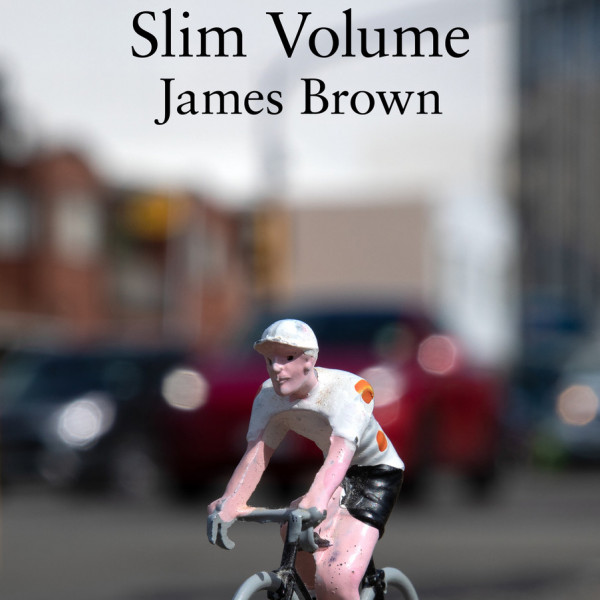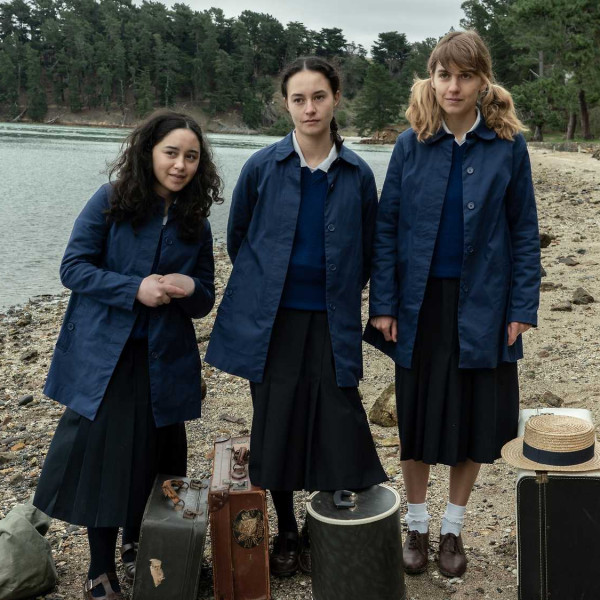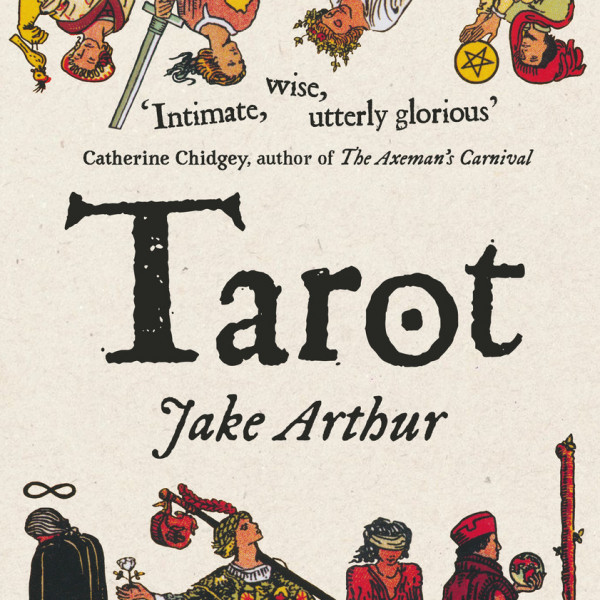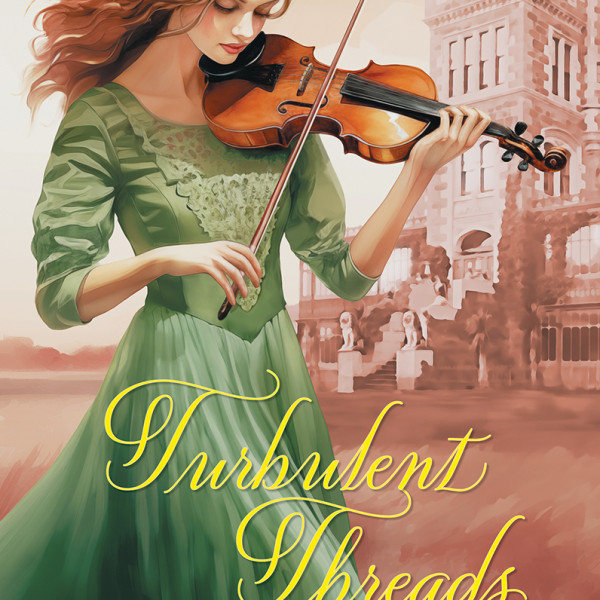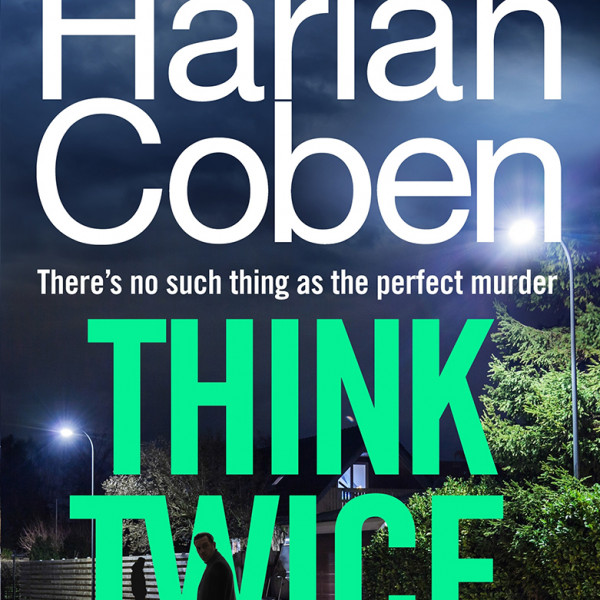
A killer is on the loose and all leads point to a man who died three years ago while trekking overseas. But what looks like an open and shut case – complete with DNA evidence – soon sends the story’s hero Myron Bolitar on an odyssey to hell and back.
From the get-go, Think Twice drew me in and kept me hooked. Within the first few pages of the prologue, someone dies, and we get a front-row seat into the mind of the victim’s killer. No messing about, no drawn-out introductions, just bam! Straight into the action! This was exactly what I wanted. For me, wasting a reader’s time is a cardinal sin, and lengthy exposition always pulls me right out of a story’s narrative.
The second thing Think Twice gets right is how wonderfully the characters have been written. None of them are perfect – each one sins and is horrible to the other – and yet even the criminals have some redeeming qualities. Yes, this includes the killer. They live and breathe with real motivations, desires, and lives of their own. As I often like to say, they come alive off the page.
One character embodies the word ‘sin’ like nobody else and is a joy to read whenever he features in the story. While I will not spoil anything for you here, for me, he was the star of the show, even though he was only meant to be sharing the limelight with Myron.
The twists and turns are exhilarating and despite trying to guess what was coming next, I never saw many of them coming. So many authors attempt to throw these curve balls, but never quite manage it. Coben does, which makes the ride he takes you on all the more exciting.
Bottom line: if you want to sink your teeth into a good whodunnit and love a topsy-turvy twisty tale, then Think Twice is for you.




